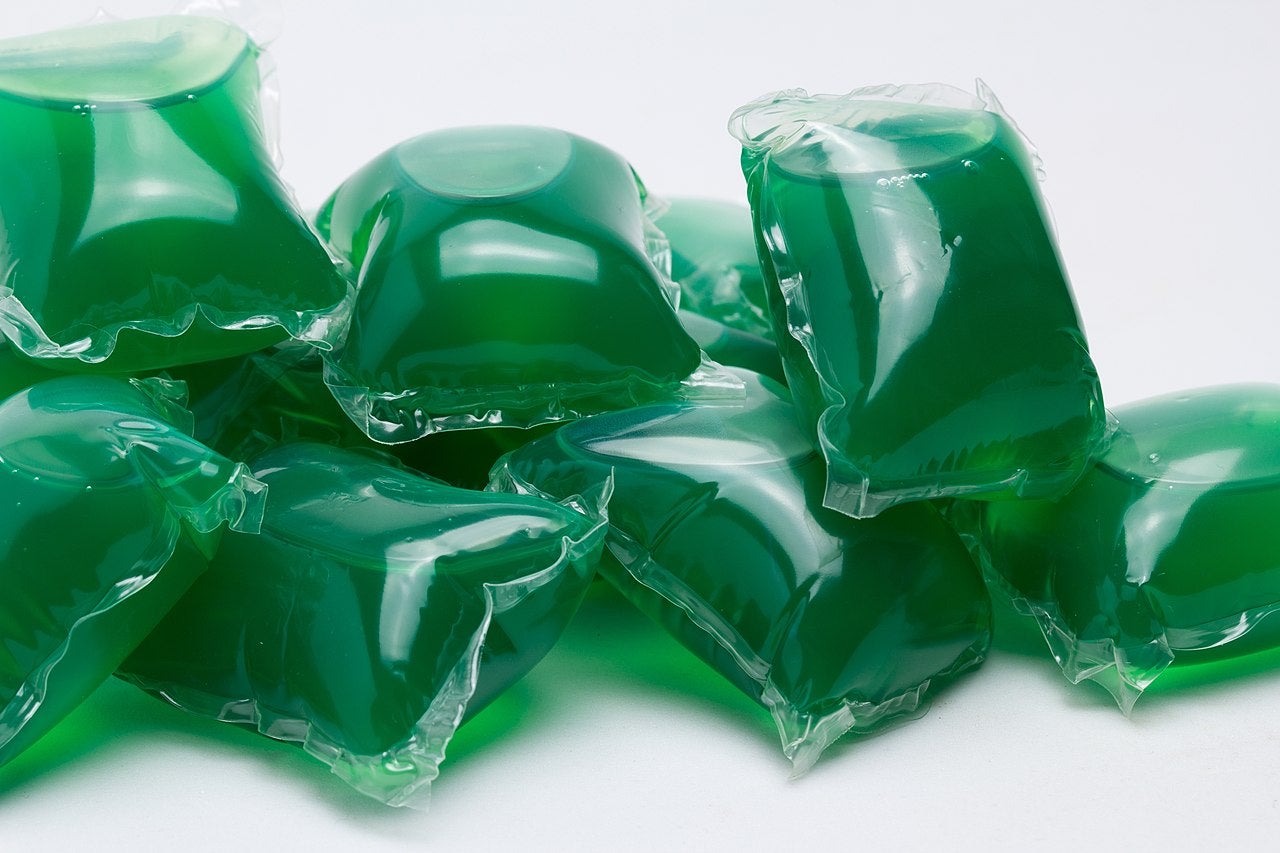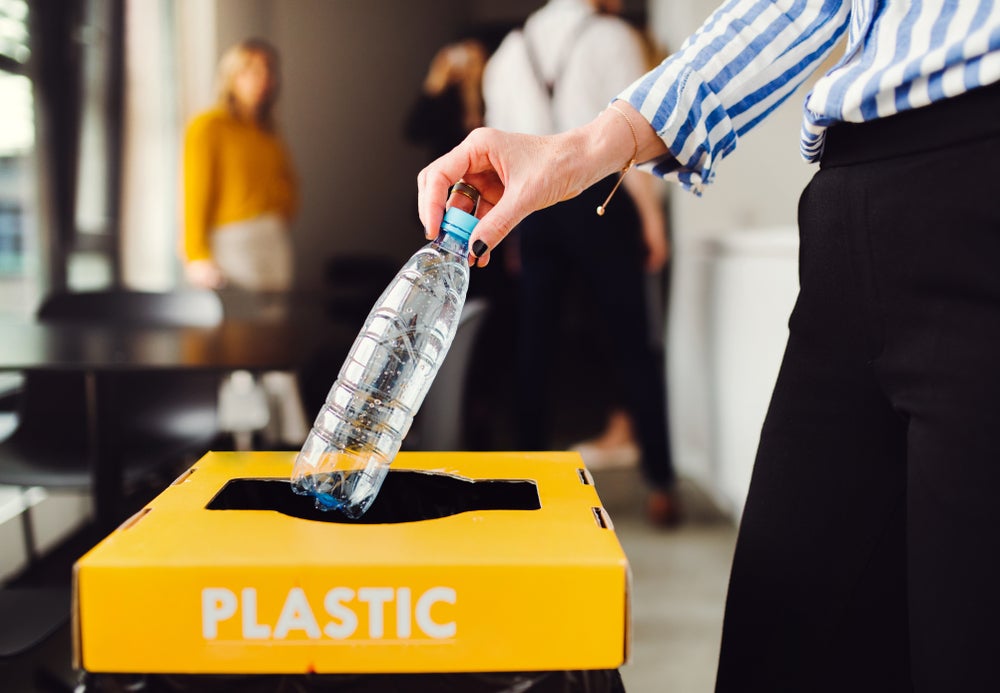
A study conducted by non-profit organisation Plastic Oceans International together with Arizona State University has found that detergent pods are contributing to plastic pollution in the US.
Researchers Dr Charlie Rolsky and Varun Kelkar concluded that up to 75% of polyvinyl alcohol (PVA) from laundry and dishwasher detergent pods remains untreated in the country.
This equates to more than 8,000t of PVA being released into the environment each year.
Dr Rolsky, who is also Plastic Oceans International’s Director of Science, said: “Because of water solubility, PVA turns into a solution, then goes down the drain, where the chances of it fully biodegrading are very low.
“The pods can easily pass through wastewater treatment plants and travel to ecosystems beyond.”
PVA’s contribution as a pollutant has not yet been fully identified, but existing research has found that PVA particles can conceal heavy metals and alter gas exchanges, which could potentially cause shifts of oxygen or carbon dioxide.
How well do you really know your competitors?
Access the most comprehensive Company Profiles on the market, powered by GlobalData. Save hours of research. Gain competitive edge.

Thank you!
Your download email will arrive shortly
Not ready to buy yet? Download a free sample
We are confident about the unique quality of our Company Profiles. However, we want you to make the most beneficial decision for your business, so we offer a free sample that you can download by submitting the below form
By GlobalDataIn addition, certain stringent conditions must be fulfilled for PVA to be fully biodegradable.
Initial results from this study show that these products cannot be completely decomposed by bacteria or other living organisms.
The research also questions the credibility of the ‘eco-friendly’ and ‘fully biodegrade’ claims made by many pod manufacturers.
Plastic Oceans International CEO Julie Andersen said: “This is an issue of truth in labelling. We recognise the rise in use of PVAs as a marketed ‘eco-friendly’ and/or ‘biodegradable’ [alternative] to other plastic polymers causing more harm.
“Based on current research, however, we must question these claims of biodegradability and eco-friendliness in order to prevent further environmental harm and to ensure that consumers are provided with factual product information.”
The next steps of the study will focus on PVA’s direct impact on the environment.







